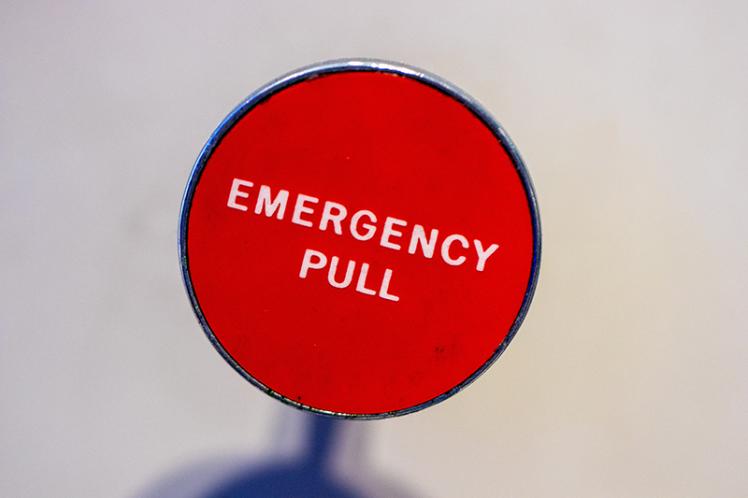8 Quick Tips for Communicating in a Crisis

The current situation has made it clear just how critical effective communication is in any crisis. Ensure you create a meaningful dialogue with employees and those affected, with these tips.
The days we are currently living through will change many things, including the way we develop and deliver crisis communication. It is too early to debrief what is happening, but one thing has become clear – communication that matters must focus on people. This is what makes the difference. All crises and emergencies are about people and Covid-19 is highlighting just how critical it is to be connecting in the right way.
It may sound simple to say ‘focus on people’ but crisis communication planning and delivery over the years has prioritized having the right plan, policy and procedures in place. It looked to ensure there was risk management in place and business continuity steps agreed. It identified the need for a command and control system, quick establishment of a central hub or ‘command room’, and employees needing to know their roles. However, plans have often been put in place without truly understanding what those affected by the crisis want or need.
We do need the right structures in place, but structures are worth very little if they aren’t built around supporting people. So, what do we need to do if we are to create a meaningful dialogue with those who are impacted by the crises?
For me there are eight points that need to be at the heart of any communication with those affected:
- Be open and explain as much as you can about what is happening
- Be honest and if you can’t answer something then explain why
- Be focused on the affected people and put them at the heart of your communication
- Be supportive and understanding of what they are facing or going through
- Be independent, share information but let people make their own judgement
- Ensure a regular and continuous flow of information and updates
- Make sure you are listening to what people are saying and are acting on it
- Recognize there will be triggers now and in the future that cause concern, upset or distress and be ready to respond to them
These points are a useful way of assessing the communication you have delivered so far during the current national emergency. We are already compiling a mental list of businesses and organizations that are doing this and doing it well, and those that need to reassess their approach. It is not clear what the long-term impact will be on those that are not prioritizing people. But there is still time to change and develop our communication processes, to ensure people are central to what we say and do.
Whatever organization or business you are working with or supporting, remember the crisis will have a psychological, emotional and physical impact on people. This is why communicating appropriately is so important.
Communication plays a hugely positive role in helping people whether it is staying safe, doing the right thing, or feeling connected.




